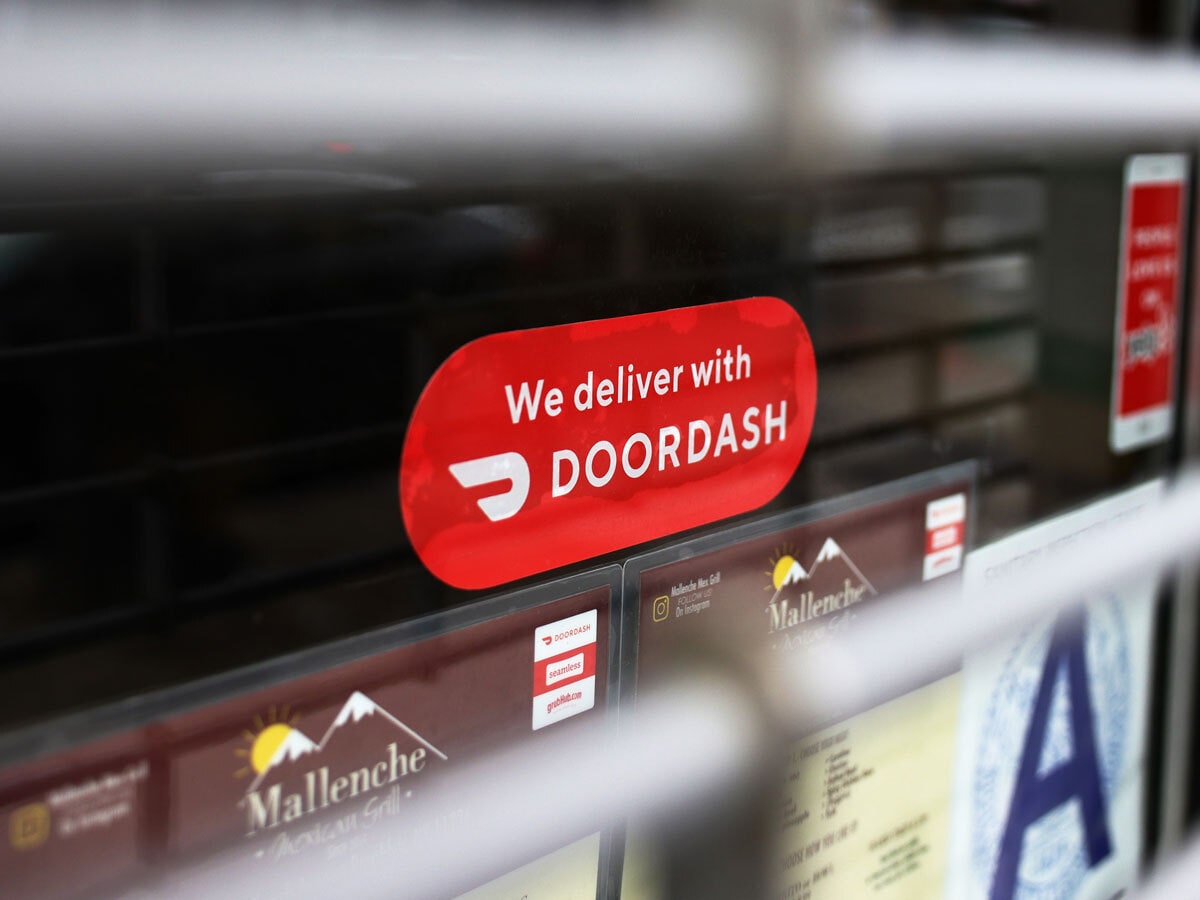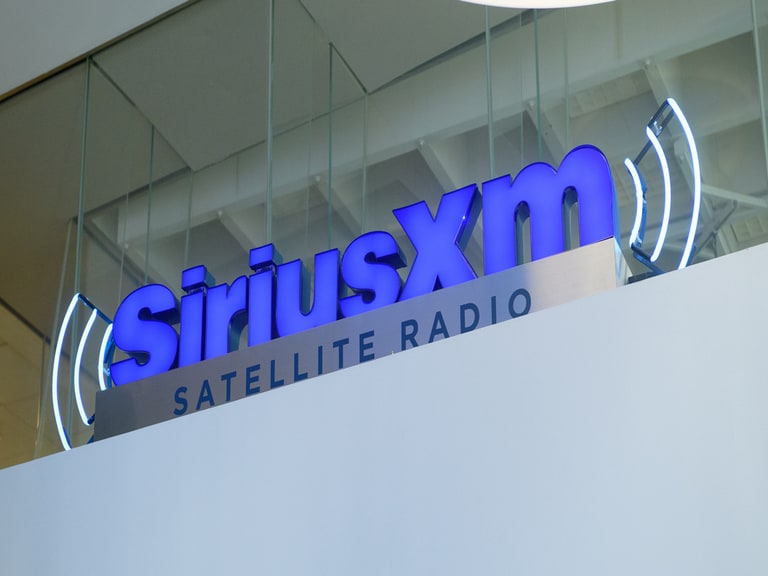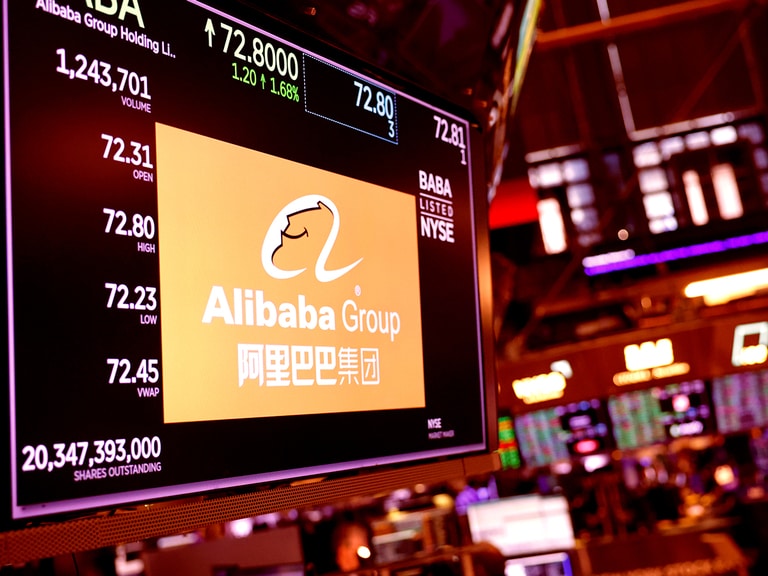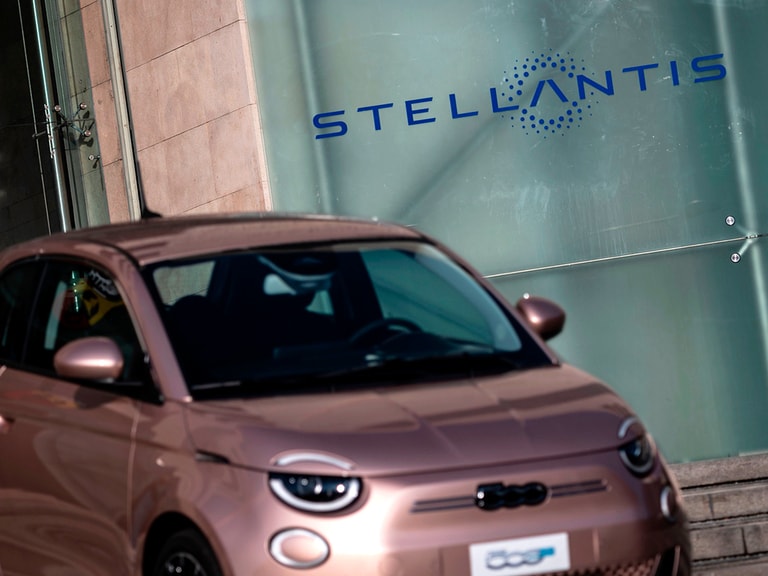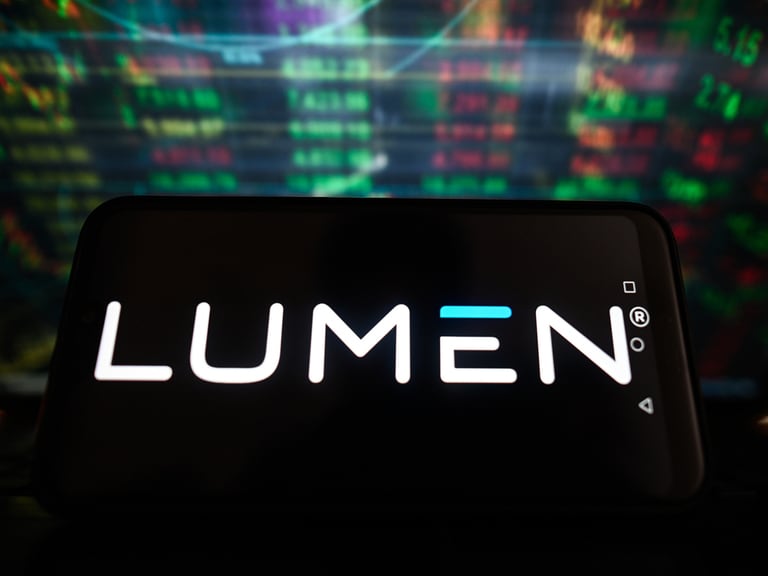Stiff competition and high operating costs mean turning a profit in the food delivery industry has become a tough task. Several big players are looking for ways to grow their customer bases, with DoorDash offering home furniture deliveries and Just Eat expanding a partnership with Amazon Prime.
- Deliveroo delivered its first-ever annual profit in 2023, with non-food segments driving growth.
- Delivery Hero is selling its Foodpanda business in Taiwan to Uber for $950m.
- Meituan’s KeeTa has become the number one food delivery app in Hong Kong.
Demand for food delivery skyrocketed during the pandemic. But as restrictions ended and inflation pushed up food prices, consumers’ appetite for delivery waned.
Food delivery firms have racked up a staggering $20bn in losses between them, according to data analysed by the Financial Times and theDelivery.World.
Giles Thorne, an analyst at Jefferies, told the paper that consumers had continued to use delivery apps “despite having less money and despite being charged more”, but overall sales growth has nevertheless slowed.
In light of stagnating sales, industry players have been looking for ways they can stimulate growth and get consumers spending. Here are five stocks hoping to outlast their peers in the space.
Deliveroo
London-listed Deliveroo [ROO:L] recorded its first profitable year in 2023 as adjusted EBITDA came in at £85.4m, compared with a loss of £45m in 2022. The profit was put down to strength in non-food segments, including Deliveroo Shopping, which allows customers to order a range of products such as toys, flowers, pet food, beauty and home products. In a Q1 2024 trading update in April, Co-founder and CEO William Shu said that, while the UK’s economic outlook “remains stable but uncertain”, the company’s “commitment to offering fair prices and a flawless consumer experience is building strong foundations for the future”.
DoorDash
DoorDash [DASH] has been looking to grow beyond restaurants. CEO Tony Xu told the Financial Times in January that “the two largest areas of investment are expansion and penetration outside of the US, as well as the same outside of restaurants”. In April, the platform added home improvement retailer Lowe’s [LOW] to give its customers “quick access to must-have tools and last-minute materials”. DoorDash has also expanded its beauty offering through a partnership with Ulta Beauty [ULTA], the largest cosmetics chain in the US, announced in May.
Just Eat
Just Eat [JET:L] is looking to expand its customer base by allowing Amazon [AMZN] Prime members in Austria, Germany and Spain to order without having to pay delivery fees when they spend €15 or more. The Dutch company’s Founder and CEO, Jitse Groen, told Bloomberg TV in June that it has been looking to improve its customer offerings through deals, lower delivery fees and loyalty programmes, “because that’s what we control”. The tie-up is an expansion of the partnership between Amazon and Just Eat subsidiary Grubhub in the US.
Delivery Hero
German company Delivery Hero [DHER:DE] is selling its Foodpanda delivery business in Taiwan to Uber [UBER] for $950m, the company announced in May. Foodpanda and Uber Eats have been neck-and-neck in the battle for food delivery dominance in Taiwan. In August 2023, Foodpanda was just ahead, with a 52% share of total order volume, data from Hong Kong-based research firm Measurable AI shows. Asia is Delivery Hero’s largest market, bringing in €1bn in Q1, a third of total revenue.
Meituan
Chinese on-demand services giant Meituan’s [3690:HK] KeeTa became the number-one food delivery app in Hong Kong in Q1, taking a 43% share of the market and overtaking Deliveroo and Foodpanda, according to analysis by Measurable AI. This is a significant jump from the 30% and 6% shares KeeTa had in Q4 and Q3 2023, respectively, having launched in the region in May last year. Meituan announced in April it is preparing to launch the KeeTa app in Riyadh, Saudi Arabia, which would be its first foray outside of China.
Asia and the Middle East to Drive Growth
Food delivery is a low-margin business, meaning sustaining growth and turning a profit, let alone remaining profitable, can be a challenge.
Growing competition means some industry players will be successful with their models, and some may have to pivot, while others will be gobbled up.
Consolidation in the industry could bring increased scrutiny from regulators. For example, the Competition and Consumer Commission of Singapore opened an investigation into Grab [GRAB] in April after the delivery and ride-hailing giant abandoned its plans to acquire Delivery Hero’s business in Southeast Asia.
Demand in Asia and the Middle East has the potential to grow the food delivery market to a value of $810bn in 2027, up from $424bn in 2023, according to Morgan Stanley.
Disclaimer Past performance is not a reliable indicator of future results.
CMC Markets is an execution-only service provider. The material (whether or not it states any opinions) is for general information purposes only, and does not take into account your personal circumstances or objectives. Nothing in this material is (or should be considered to be) financial, investment or other advice on which reliance should be placed. No opinion given in the material constitutes a recommendation by CMC Markets or the author that any particular investment, security, transaction or investment strategy is suitable for any specific person.
The material has not been prepared in accordance with legal requirements designed to promote the independence of investment research. Although we are not specifically prevented from dealing before providing this material, we do not seek to take advantage of the material prior to its dissemination.
CMC Markets does not endorse or offer opinion on the trading strategies used by the author. Their trading strategies do not guarantee any return and CMC Markets shall not be held responsible for any loss that you may incur, either directly or indirectly, arising from any investment based on any information contained herein.
*Tax treatment depends on individual circumstances and can change or may differ in a jurisdiction other than the UK.
Continue reading for FREE
- Includes free newsletter updates, unsubscribe anytime. Privacy policy

